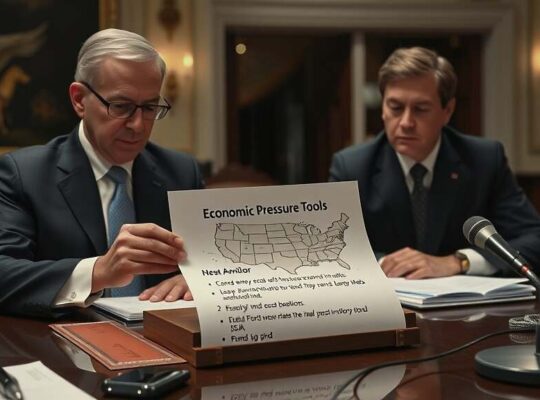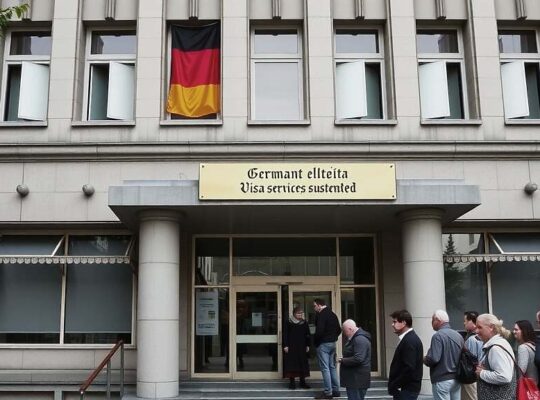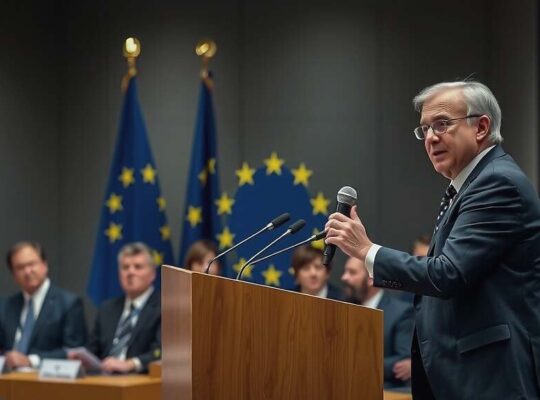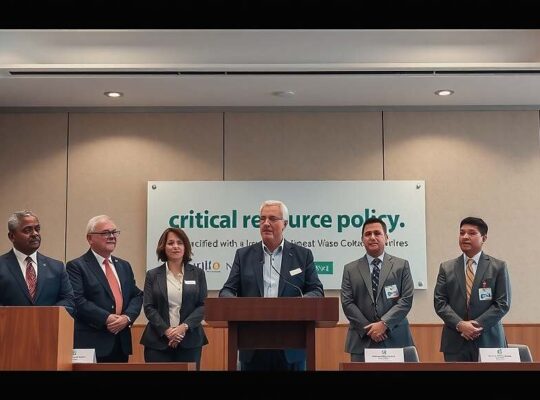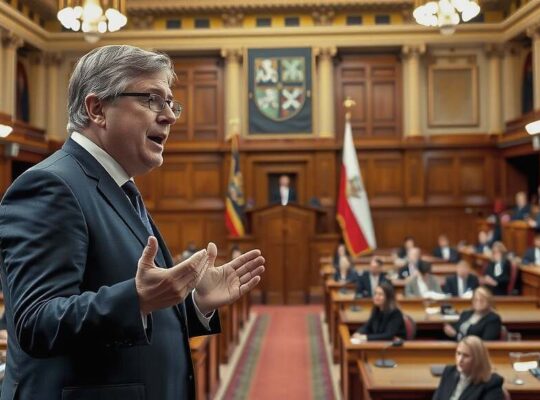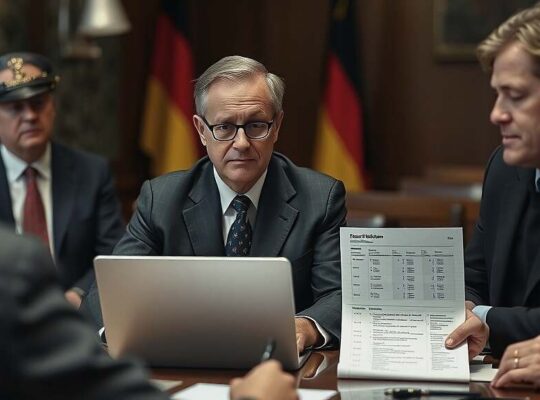The upcoming agenda for the German coalition government’s committee remains in flux, signaling underlying tensions and a degree of uncertainty within the ruling alliance. Alexander Hoffmann, leader of the CSU parliamentary group, acknowledged this flexibility, stating that the committee’s purpose is to address “what is currently necessary” implying a reactive rather than predetermined approach to pressing issues.
This admission comes amidst speculation about escalating disagreements between coalition partners, particularly concerning the future of Germany’s automotive industry and energy policy. While parliamentary leaders of the Union parties had previously announced a focus on economic matters, Hoffmann’s comments suggest these discussions are likely to be complex and potentially contentious.
Specifically, the fate of internal combustion engine vehicles, a cornerstone of the German economy, is expected to feature prominently. The debate around Germany’s automotive location is fraught with political risk, balancing environmental mandates with the potential for significant job losses and economic disruption within a sector crucial to national prosperity.
Furthermore, the coalition faces a critical juncture in shaping its energy strategy. Minister for Economic Affairs, Robert Habeck, is reportedly driving fundamental considerations regarding power plant operations and affordability. Securing affordable and readily available electricity is now paramount, but competing interests and the need to reconcile ambitious climate goals with public acceptance pose a significant challenge.
The evolving coalition agenda highlights a delicate balancing act between responding to immediate concerns and navigating the long-term implications of crucial economic and environmental decisions and underscores the inherent fragility of political alliances navigating a period of rapid change.




